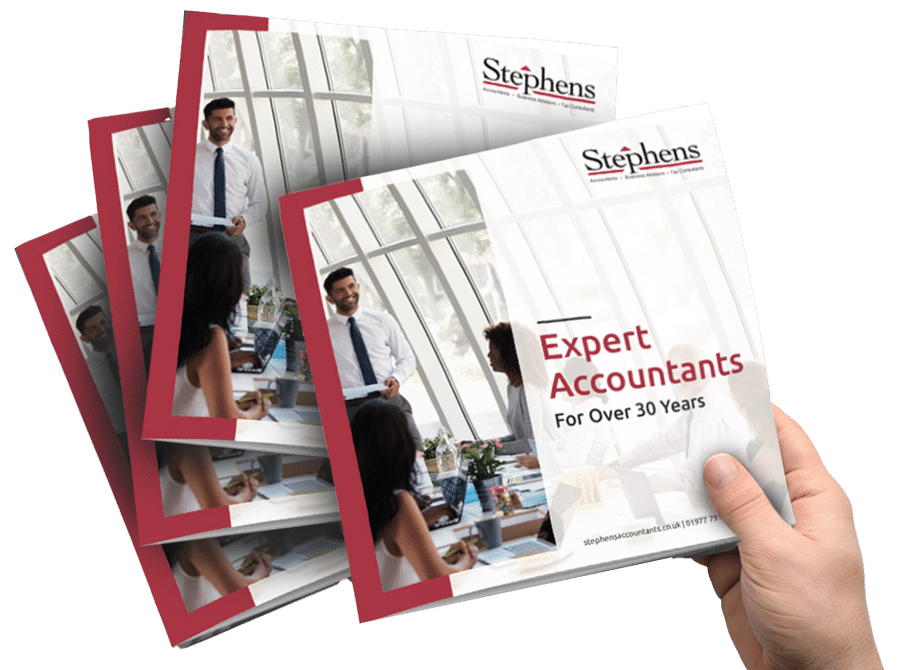One of the biggest issues our customers face is failing to plan for the businesses VAT and Corporation tax payments. In an ideal world all our clients would put 20% of all income into a separate account to cover Tax payments throughout the year, but even the businesses that do this can still fall short when it comes to paying HMRC.
Unfortunately, tax is not a business expense that you can get away without paying. If you don’t pay on time, you can be subject to high interest charges, fines and in some instances can even be issued with a winding up order for failure to pay your tax obligations on time.
The reason for this is that the government view tax as a necessary payment and money that is owed to the state. VAT is not deemed as a buffer for a businesses cash flow, but a source of income for the government.
Here we set out ways in which you can ensure your business tax payments are paid on time.
1.Time to pay
HMRC offer a solution that allows you to have more time to pay. This needs to be agreed with HMRC direct and there needs to be a valid issue why you need this time to pay. Whilst this can be a cost-effective solution in the short term, this can lead to ongoing cash flow problems when the next tax payment is due and HMRC may be unwilling to offer more time to pay again.
2. Separate Account
As outlined above, you can ensure you have the available funds for VAT and Corporation Tax payments by putting 20% of all income into a separate account throughout the year. When VAT or Corporation Tax becomes payable then the funds accumulated in the second account can go towards paying the balance.
3. Tax Funding
There are specific finance products available now from a range of lenders that enable businesses to fund the quarterly VAT returns and the annual Corporation Tax bill.
The facility is simple to apply for and is unsecured with no personal guarantees required under £150,000. Businesses only need to fund the individual VAT return or Tax Bill, they are not signed into lengthy finance agreements and ongoing contracts. Interest is charged at a fixed rate % of the total amount to be borrowed and HMRC are paid directly, leaving the business to get on and make more money.
More and more businesses are opting to use finance to pay for tax payments as it allows for easier budgeting throughout the year, improves cash flow and gives businesses a facility that they can use as and when it is required.
If you are interested in finding out more about tax funding or need any help with managing your tax payments more effectively please give us a call or read more here.








